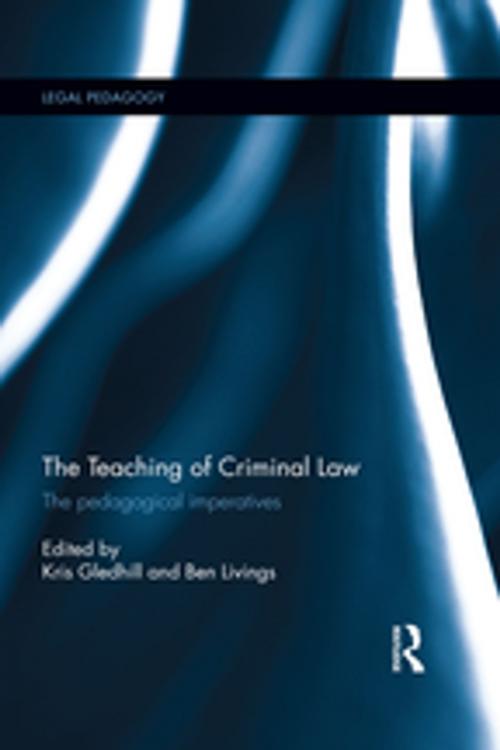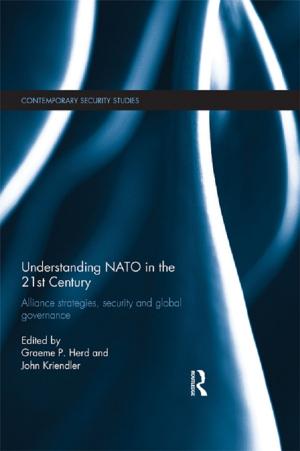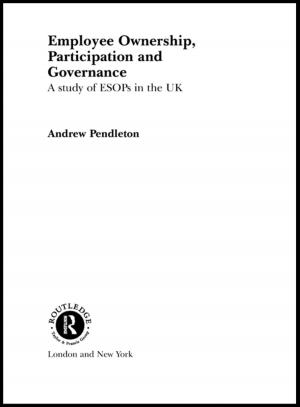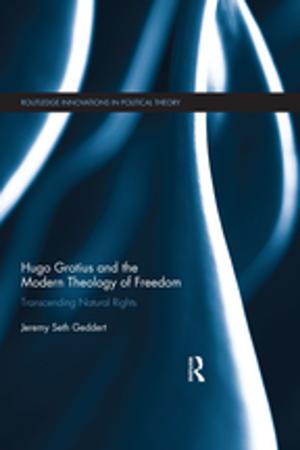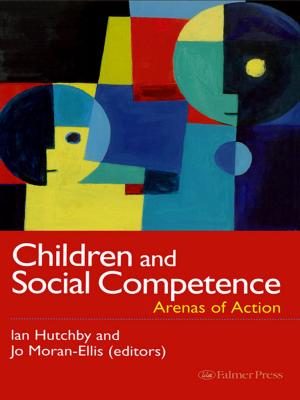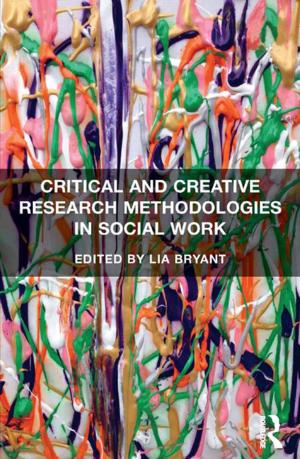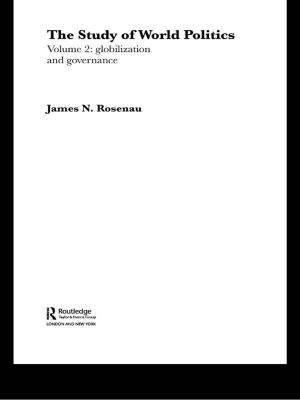The Teaching of Criminal Law
The pedagogical imperatives
Nonfiction, Reference & Language, Education & Teaching, Educational Theory, Educational Reform, Higher Education| Author: | ISBN: | 9781317553373 | |
| Publisher: | Taylor and Francis | Publication: | August 19, 2016 |
| Imprint: | Routledge | Language: | English |
| Author: | |
| ISBN: | 9781317553373 |
| Publisher: | Taylor and Francis |
| Publication: | August 19, 2016 |
| Imprint: | Routledge |
| Language: | English |
The Teaching of Criminal Law provides the first considered discussion of the pedagogy that should inform the teaching of criminal law. It originates from a survey of criminal law courses in different parts of the English-speaking world which showed significant similarity across countries and over time. It also showed that many aspects of substantive law are neglected. This prompted the question of whether any real consideration had been given to criminal law course design. This book seeks to provide a critical mass of thought on how to secure an understanding of substantive criminal law, by examining the course content that best illustrates the thought process of a criminal lawyer, by presenting innovative approaches for securing active learning by students, and by demonstrating how criminal law can secure other worthwhile graduate attributes by introducing wider contexts.
This edited collection brings together contributions from academic teachers of criminal law from Australia, New Zealand, the United Kingdom, and Ireland who have considered issues of course design and often implemented them. Together, they examine several innovative approaches to the teaching of criminal law that have been adopted in a number of law schools around the world, both in teaching methodology and substantive content. The authors offer numerous suggestions for the design of a criminal law course that will ensure students gain useful insights into criminal law and its role in society.
This book helps fill the gap in research into criminal law pedagogy and demonstrates that there are alternative ways of delivering this core part of the law degree. As such, this book will be of key interest to researchers, academics and lecturers in the fields of criminal law, pedagogy and teaching methods.
The Teaching of Criminal Law provides the first considered discussion of the pedagogy that should inform the teaching of criminal law. It originates from a survey of criminal law courses in different parts of the English-speaking world which showed significant similarity across countries and over time. It also showed that many aspects of substantive law are neglected. This prompted the question of whether any real consideration had been given to criminal law course design. This book seeks to provide a critical mass of thought on how to secure an understanding of substantive criminal law, by examining the course content that best illustrates the thought process of a criminal lawyer, by presenting innovative approaches for securing active learning by students, and by demonstrating how criminal law can secure other worthwhile graduate attributes by introducing wider contexts.
This edited collection brings together contributions from academic teachers of criminal law from Australia, New Zealand, the United Kingdom, and Ireland who have considered issues of course design and often implemented them. Together, they examine several innovative approaches to the teaching of criminal law that have been adopted in a number of law schools around the world, both in teaching methodology and substantive content. The authors offer numerous suggestions for the design of a criminal law course that will ensure students gain useful insights into criminal law and its role in society.
This book helps fill the gap in research into criminal law pedagogy and demonstrates that there are alternative ways of delivering this core part of the law degree. As such, this book will be of key interest to researchers, academics and lecturers in the fields of criminal law, pedagogy and teaching methods.
